Russia urges ‘real progress’ on Iran deal before window closes
A senior Russian diplomat has called for “real progress” on the implementation of the 2015 multilateral nuclear deal, stressing the need for the relevant parties to race against time in the coming weeks to save the agreement.
Russia’s Permanent Representative to the International Organizations in Vienna Mikhail Ulyanov on Tuesday shared a tweet a day earlier by his Iranian counterpart, Kazem Gharibabadi, which said Tehran had informed the International Atomic Energy Agency (IAEA) of its decision to take a set of new retaliatory nuclear measures as of February 23.
Iran’s ambassador to Vienna-based international organizations had said, “Act of Parliament will be executed on time (23 Feb) and the IAEA has been informed today to ensure the smooth transition to a new course in due time.”
Gharibabadi was referring to a law passed by the Iranian Parliament last December requiring the government to stop implementing the Additional Protocol, which allows snap visits by the IAEA of Iran’s nuclear facilities, among other things.
Reacting to the Iranian diplomat’s announcement, Ulyanov said “that means that Additional Protocol will continue to apply to IAEA (the International Atomic Energy Agency) activities in Iran for additional 2 days,” referring to February 21, the deadline set by Iran for the lifting of unilateral US sanctions before the execution of the Parliament’s law.
“Not many, but now when we face race against time, every day counts,” the Russian official said in his tweet.
He then called for “real progress” concerning the implementation of the Iran deal — officially named the Joint Comprehensive Plan of Action (JCPOA) before the start of the new Persian calendar year, which begins on March 21.
That means that Additional Protocol will continue to apply to #IAEA activities in #Iran for additional 2 days. Not many, but now when we face race against time every day counts. We need to try to make real progress on #JCPOA implementation before Navruz at the latest (21.03.2021) https://t.co/m4VmXTerr3
— Mikhail Ulyanov (@Amb_Ulyanov) February 15, 2021
Tehran started reducing its nuclear commitments in May 2019, exactly a year after the US unilaterally left the JCPOA, as the European signatories failed to confront the sanctions that Washington re-imposed on the Islamic Republic in the aftermath of its withdrawal.
Iran’s measures — which will be largely intensified by the parliamentary law — conform to Articles 26 and 36 of the JCPOA, which deals with Tehran’s legal rights in case of non-compliance on the part of other signatories.
Tehran says it will retrace its nuclear countermeasures only after the United States lifts its sanctions in a verifiable.
‘Iran already a JCPOA party, the one that left must act first’
Meanwhile, Iran’s ambassador to the United Nations once again rejected calls by the US and the European signatories to the JCPOA for Tehran to resume its commitments before Washington lifts its sanctions, saying the Islamic Republic has not withdrawn from the JCPOA for it to return.
Speaking in an interview with the Persian service of Euronews television news network, which has not been fully released yet, Majid Takht-Ravanchi highlighted that Iran had reduced its commitments under Article 36 of the nuclear deal.
“We are a party to the JCPOA. The side which has pulled out of it must show it has chosen a different course. How could Iran, which is still a participant to the JCPOA, be expected to take the [first] step?” he said.
Takht-Ravanchi underlined that Article 36 of the JCPOA grants Iran the authority to either totally or partially refuse to fulfill some of its obligations once a participant to the pact commits a blatant and serious violation.
Hamas confirms handing approval of Gaza ceasefire deal to mediators
VIDEO | Iran: Show of strength
UNRWA will ‘stay, deliver’ aid to Palestinians despite Israel’s ban: Lazzarini
Explainer: What makes Iran's Rezvan and Raad loitering munitions prized assets?
VIDEO | Unseen agony: Missing loved ones of genocide in Gaza
Iran cuts gold import tariff to zero
Pezeshkian: Iran determined to develop, boost ties with neighbors
VIDEO | Israel, Hamas ceasefire agreement: Closer than ever


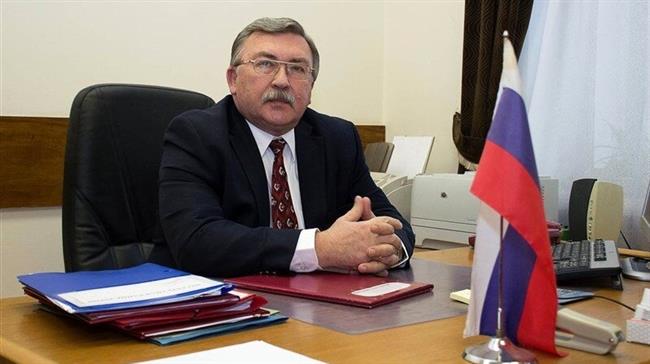

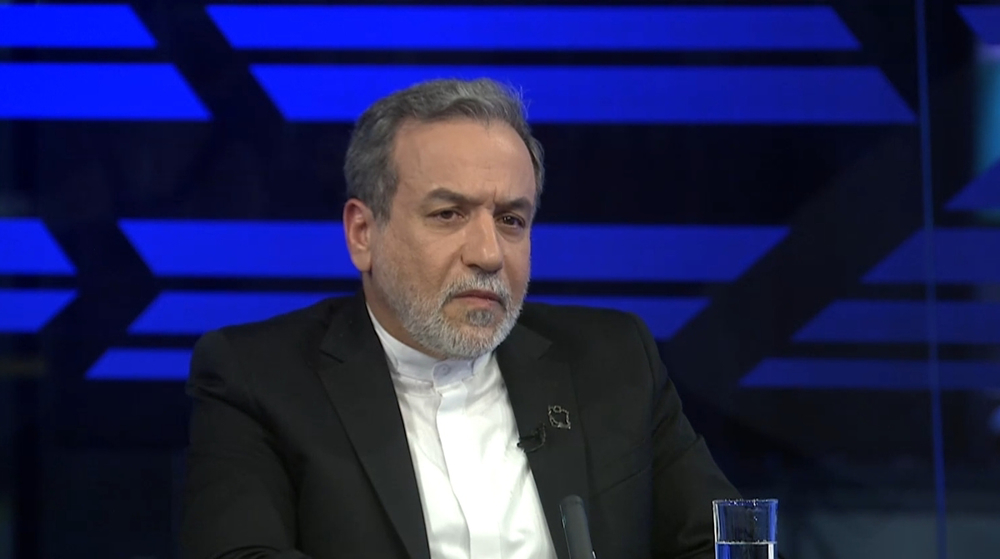

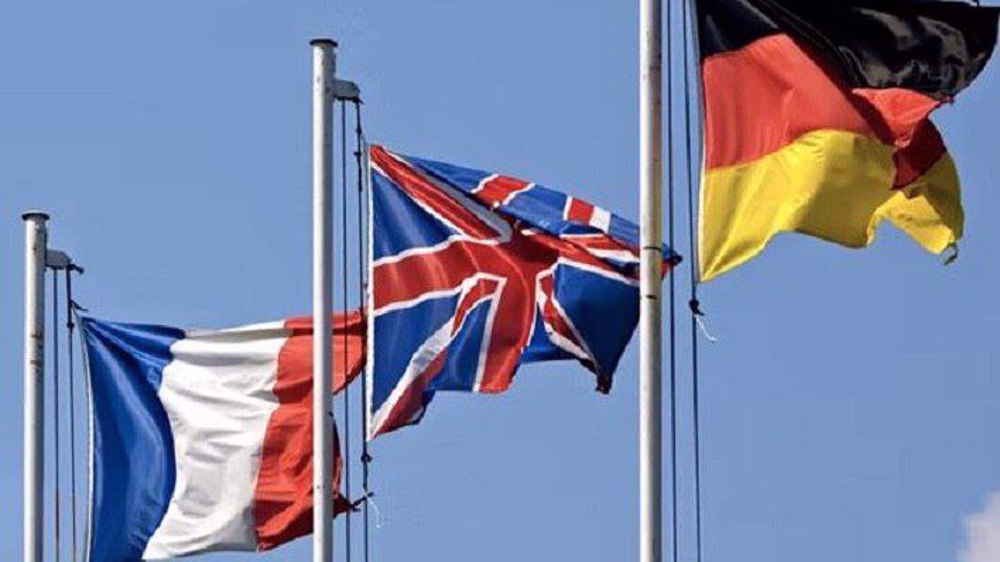



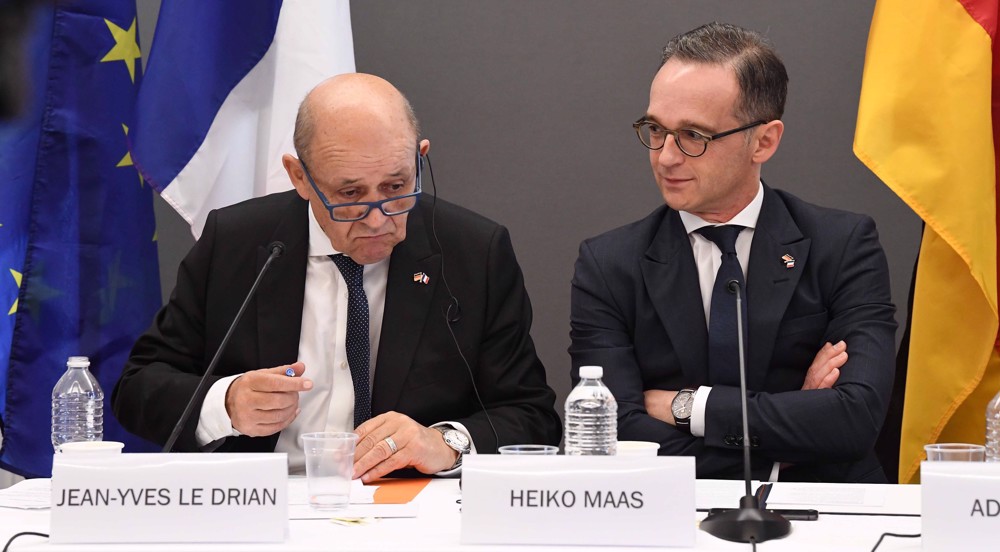
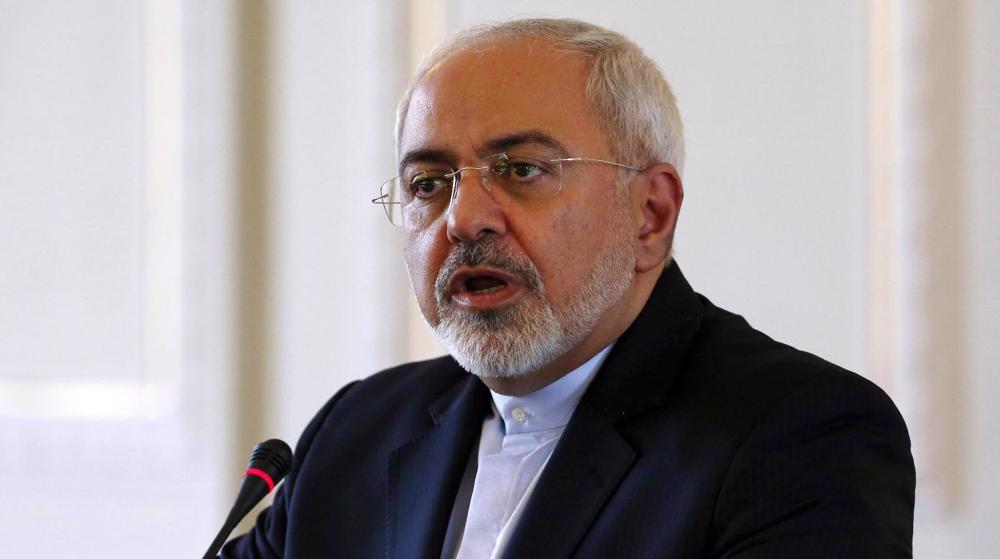
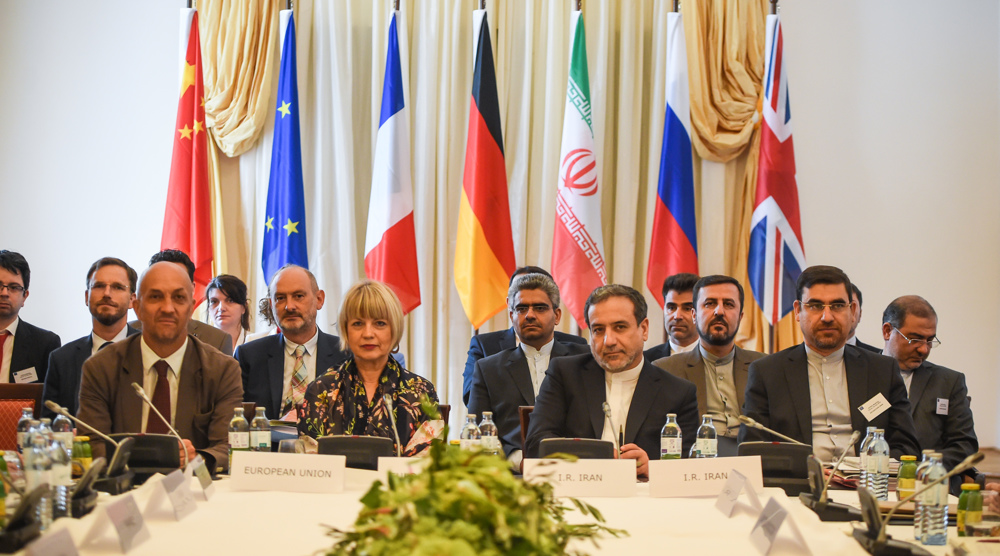
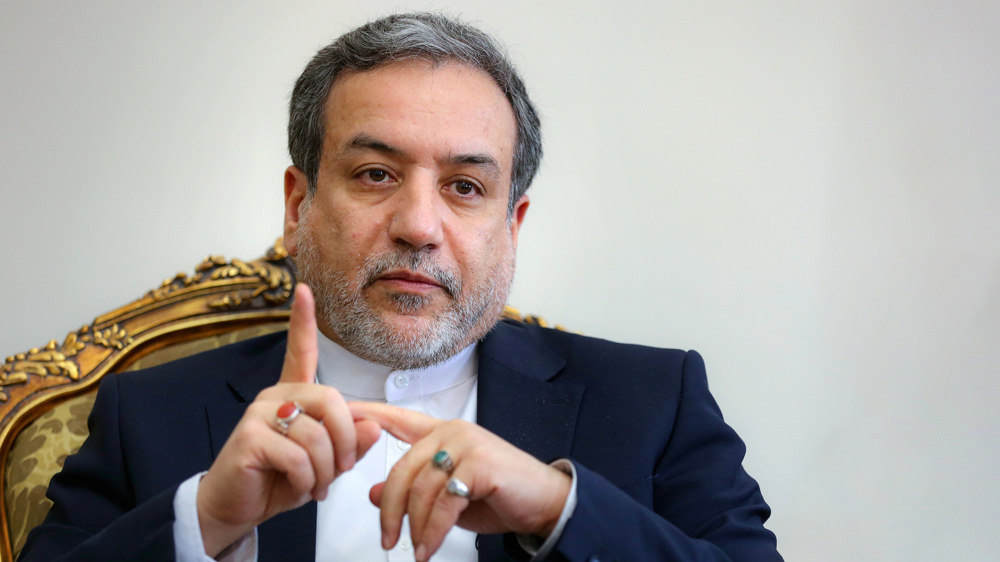
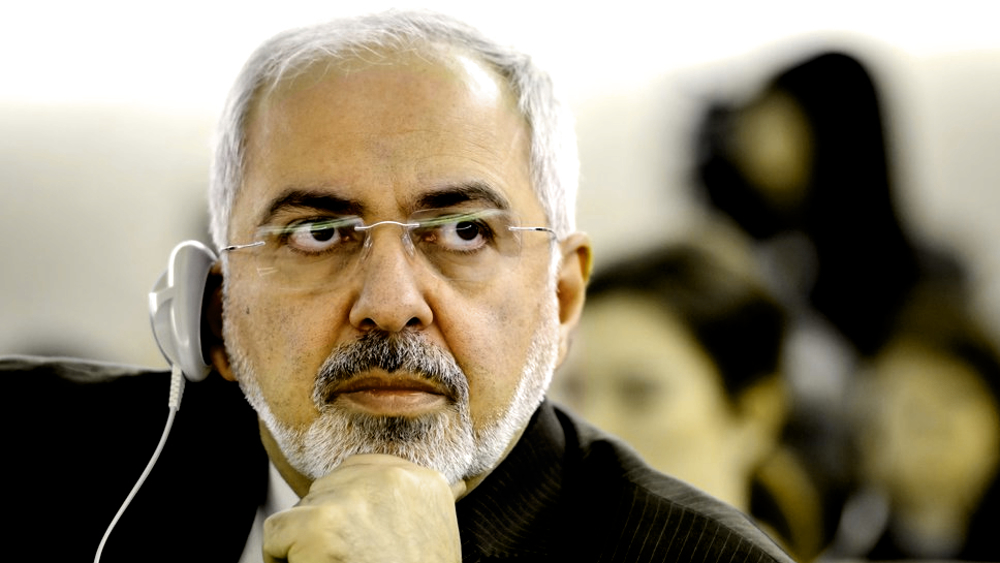

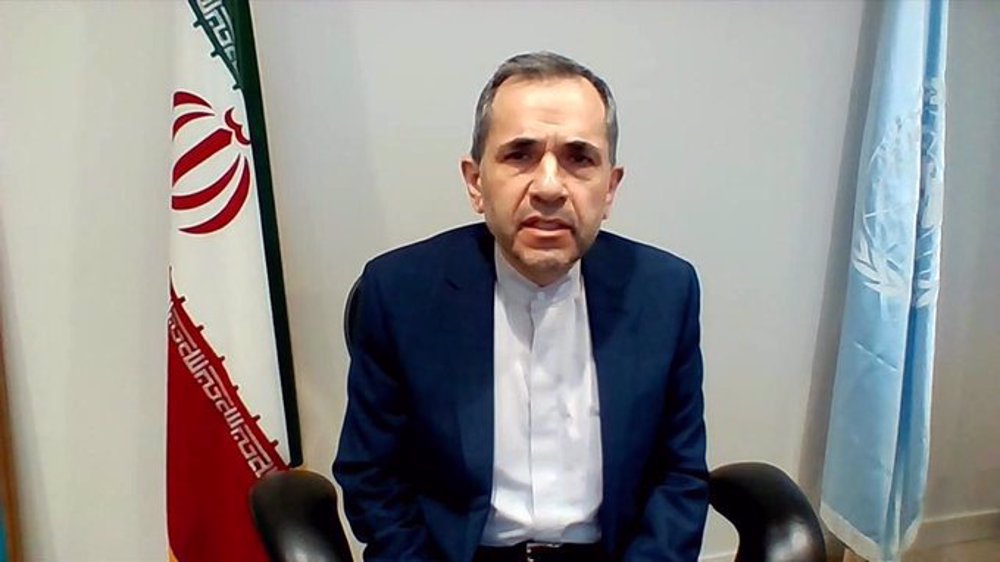




 This makes it easy to access the Press TV website
This makes it easy to access the Press TV website